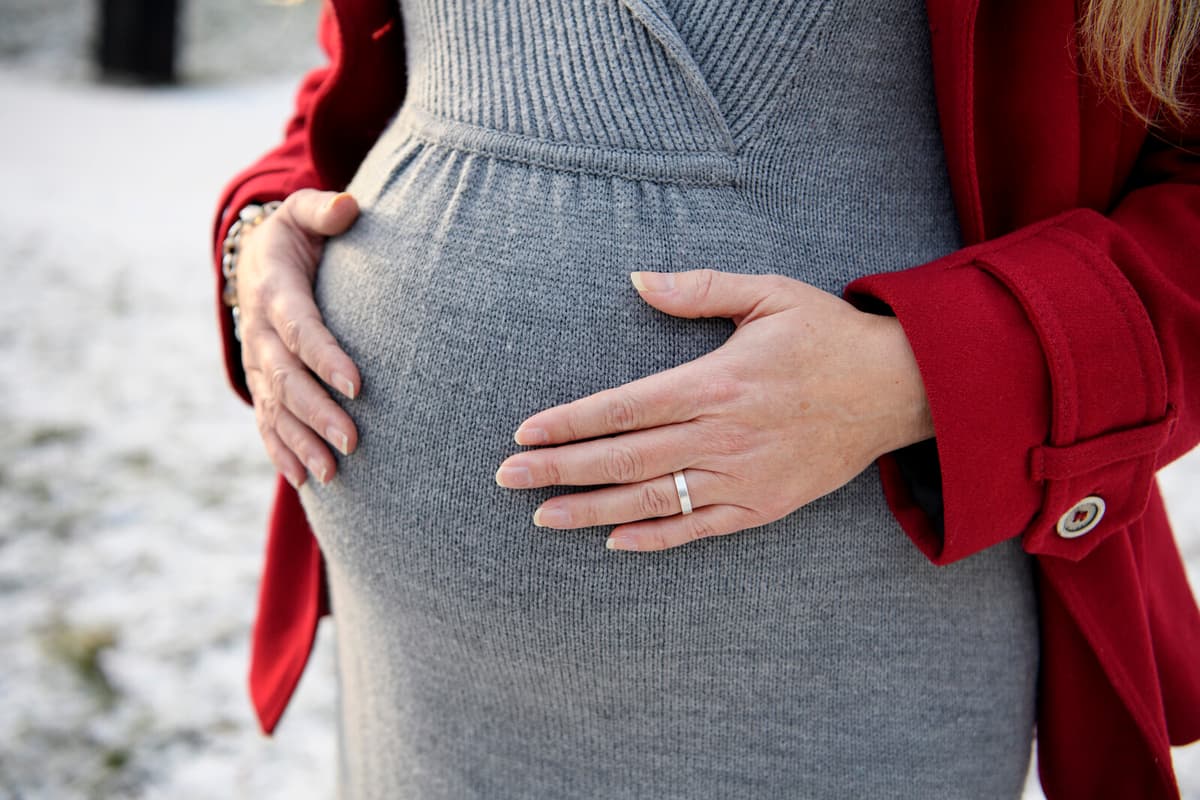The placenta's development and function play a central role in pregnancy poisoning and half of the placenta's DNA comes from the father. Therefore, researchers at Lund University wanted to investigate whether a high proportion of DNA damage in sperm affects the risk of pregnancy poisoning.
In a new study, they show that the risk doubles if the proportion of DNA damage is over 20 percent. The risk of premature birth also increases.
The result applies to assisted fertilization in the form of IVF, where the egg is placed in a dish together with a larger number of sperm that then fertilize on their own, but not to ICSI, where a single sperm is selected and injected directly into the egg.
What has been measured is the amount of breaks in DNA, so-called DNA fragmentation. Professor Aleksander Giwercman, who led the study, thinks that analysis of DNA fragmentation should be introduced as a standard on fertility clinics.
Such analysis can provide answers to why involuntarily childless couples do not become pregnant and can also affect which method is chosen for assisted fertilization, he emphasizes.
"Moreover, our new results show that the analysis can be used to identify high-risk pregnancies," he says in a press release.
His co-author, specialist doctor Amelie Stenqvist, points out that in the long run, there may also be opportunities to identify which men can receive help with treatment of DNA breaks in sperm, or receive help with preventing such damage from occurring.






